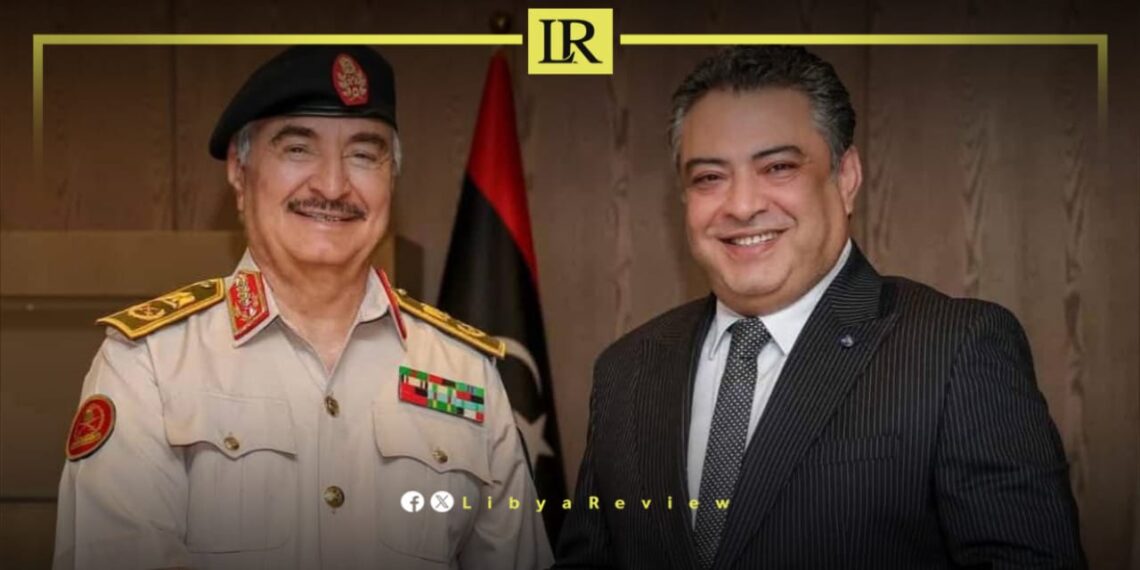The Commander-in-Chief of the Libyan National Army (LNA), Field Marshal Khalifa Haftar, said that security and stability were the essential conditions for launching Libya’s development process, which he credited to the efforts of the armed forces.
In an interview with Al-Ahram newspaper, Haftar stated that Libya could no longer afford to waste time. He added that the country was racing against the clock to compensate for years of decline and delay.
Haftar noted that despite political complexities persisting for more than a decade, reconstruction had begun without waiting for a comprehensive political settlement. He emphasised that what had been achieved so far in reconstruction was only a first stage, with far greater ambitions for the years ahead.
The LNA commander highlighted that Libya possessed the human skills and natural resources to become one of the most advanced nations. He pointed out that the coming years would see a real revolution in housing, agriculture, roads, transportation, education, and healthcare.
Haftar stressed that the Al-Karama Operation was not only aimed at defeating terrorism but also marked the starting point for building a modern and strong state.
Turning to Libya’s political and social fabric, Haftar said that the state was the protective umbrella of society, but its collapse after the fall of the previous regime had left citizens without cover. In that vacuum, he added, the tribe re-emerged as a representative and guardian of Libyan society.
Haftar recalled that with the rise of terrorism and its crimes against the population, the tribes felt a national responsibility. He explained that state institutions were weak or ineffective at the time, and there was no standing army. Tribal leaders and youth reached out to him, urging him to lead a battle against terrorism.
He noted that tribes pledged to send their sons to fight and sacrifice in order to defeat extremists and save the nation. Haftar said that with the launch of Al-Karama, tribes provided essential support, and young men from various neighbourhoods fought alongside the army to liberate cities.
He concluded by highlighting Libya’s strong international relations, built on respect and mutual interests. He said the Al-Karama Operation had not only brought gains for Libyans but also contributed to global security, demonstrating the courage and discipline of the armed forces and their popular support.


